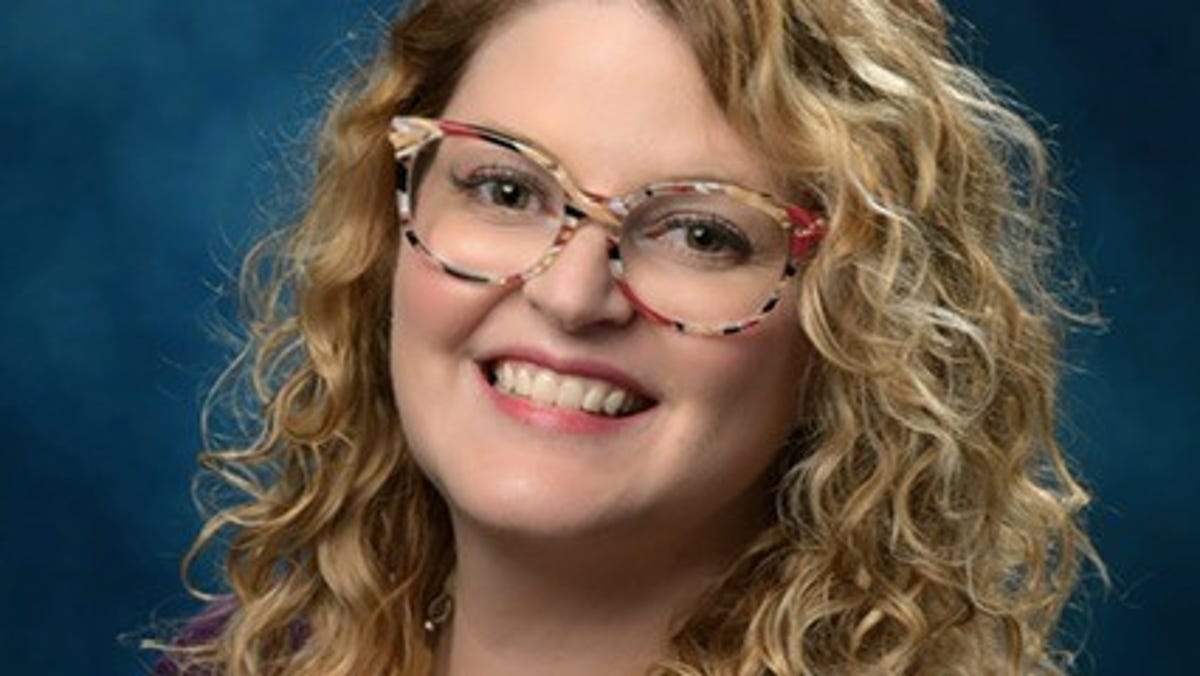[ad_1]
While I was hospitalized for depression, anxiety and suicidal thoughts in 2019, I took classes on coping strategies, how to manage my conditions, and how to create a wellness plan to stay healthy. A big part of that plan included building a support system.
Back then I didn’t talk about my struggles. I would say I was fine if asked, but I was in pain, lonely and overwhelmed. If you don’t tell people you’re hurting, it’s difficult to get what you need. So after I left the hospital I let it all out. I blogged about my journey and told friends and family exactly what was going on. It was freeing.
Opening up helped me stay accountable, too, which is hard for me because I don’t set boundaries.
I don’t mean to say I lacked support while I was in that dark place. My husband and my best friend, Maja, helped the best they could. They were the only ones I was completely honest with, and their support never wavered.
No matter what was going on, Maja was quick to tell me when I was making bad decisions or not taking care of myself. She never let me skate, all while being amazingly supportive. She was blunt, and while it may have hurt my feelings at the time, I needed to hear it.
Maja was the one who told me there were medications and therapies out there when my psychiatrist didn’t. She was the one who researched The Menninger Clinic and urged me to go.
If you are struggling with a mental health condition, you need to get your own Maja. Having a solid support system is crucial to recovery. Research has shown that a support system can have a positive impact on overall health, especially for women, older adults and students. On a scale of 1 to 10 where 10 was “a great deal of stress,” a 2015 survey found that the average stress level for those with emotional support was 5 out of 10 compared to 6.3 out of 10 for people without.
The Mayo Clinic says studies have demonstrated that social isolation and loneliness are associated with a greater risk of poor mental health and poor cardiovascular health, as well as other health problems. Other studies have shown the benefit of a network of social support, including the following:
- Improving the ability to cope with stressful situations.
- Alleviating the effects of emotional distress.
- Promoting lifelong good mental health.
- Enhancing self-esteem.
- Promoting healthy lifestyle behaviors.
- Encouraging adherence to a treatment plan.
If you don’t have support now, that’s okay. It took me a long time to build a team because I was scared I would be judged. That’s what stigma of mental illness does — makes you feel alone and shamed. It’s time to end that.
Here are some tips from the American Psychological Association on strengthening your support network:
Reach out to family and friends. Simply saying hello or offering to help with a task can spark conversation.
Use technology. Connect with people far away via email, text messaging or video calls.
Connect with people who share your interests. Join a club, volunteer at a local organization or take a class to help meet people who share your interests.
Seek peer support. If you’re facing a personal challenge, consider joining a peer support group to help take care of your mental health and connect with people who are facing something similar.
Ask for help. Reach out to your local library, place of worship, or community center to learn more about local events you may want to attend or groups you may want to join.
It seems scary to ask for help, but the alternative is scarier. One local resource that I highly recommend is NAMI Greater Corpus Christi. I didn’t know about NAMI until last year; I wish I would’ve found it years ago. NAMI GCC offers support groups and classes for those with mental illness as well as for friends and family to help understand the complexity of mental illness. Everyone I’ve met has somehow been affected by a mental condition or a loved one with one, so they’re very supportive and want to help.
I wouldn’t have survived if it weren’t for my best friend and husband (who was busy with the kids, work and my illness). They were not about to let me fall through the cracks as so many people with mental illness do. I’m thankful for that and consider myself lucky.
Their honesty sometimes chafes, but that’s when I need to hear it most. And if I flounder I know they (and everyone now in my network) have a safety net waiting.
For more than 20 years, Heather Loeb has experienced major depression, anxiety and a personality disorder, while also battling the stigma of mental health. She is the creator of Unruly Neurons (www.unrulyneurons.com), a blog dedicated to normalizing depression and a member of State Rep. Todd Hunter’s Suicide Prevention Taskforce.
MIND MATTERS
Now more than ever we need to take care of our mental health. Guest columnist Heather Loeb discusses why and explores other important mental health topics in this special series.
[ad_2]
Source link

